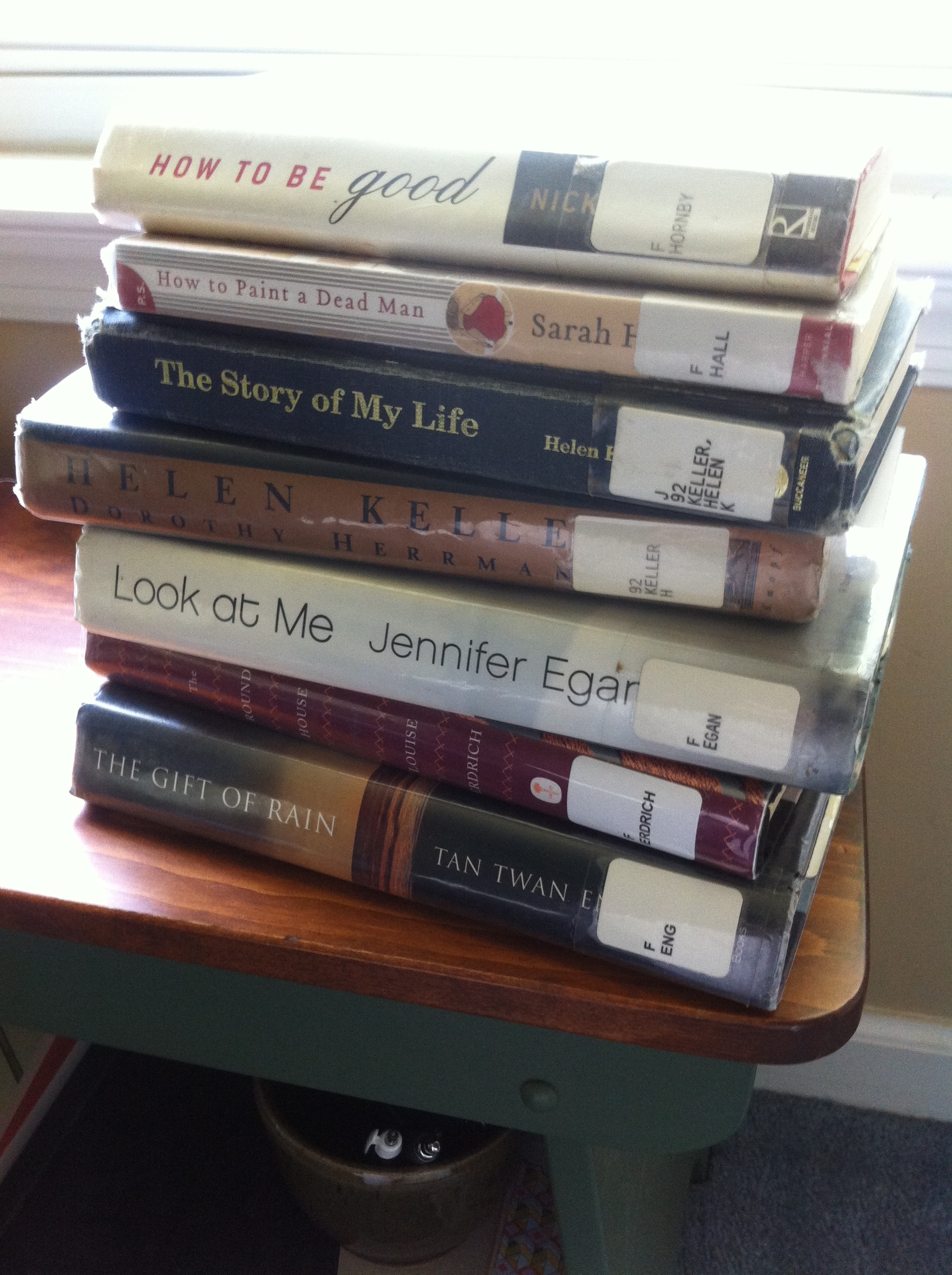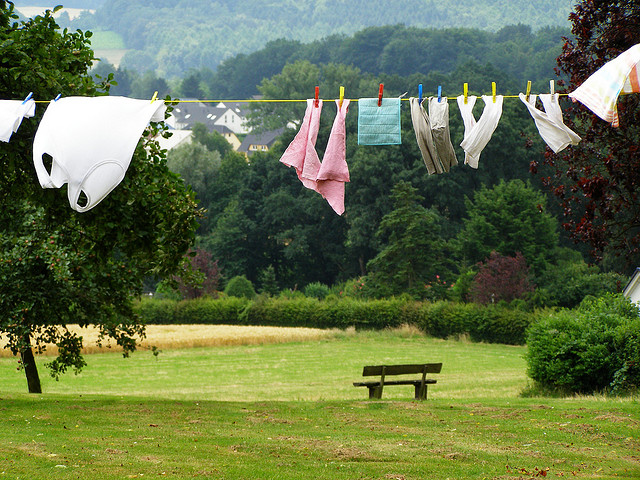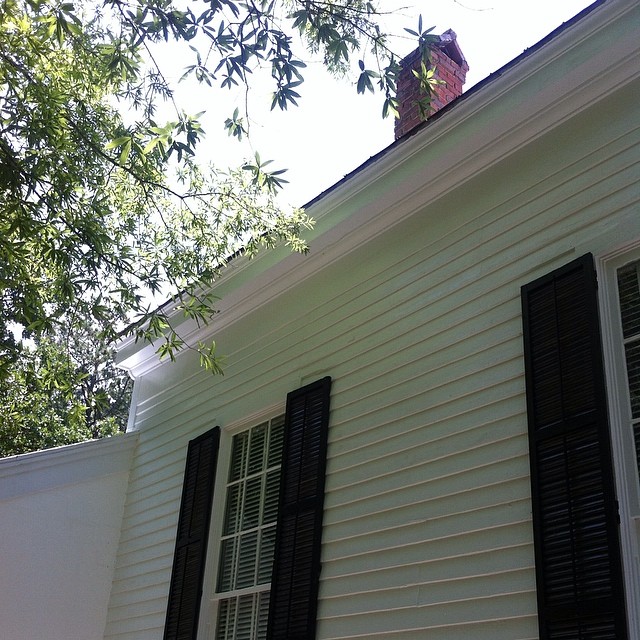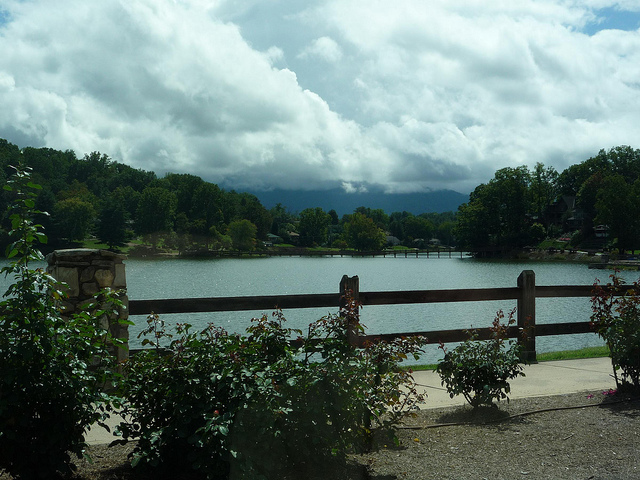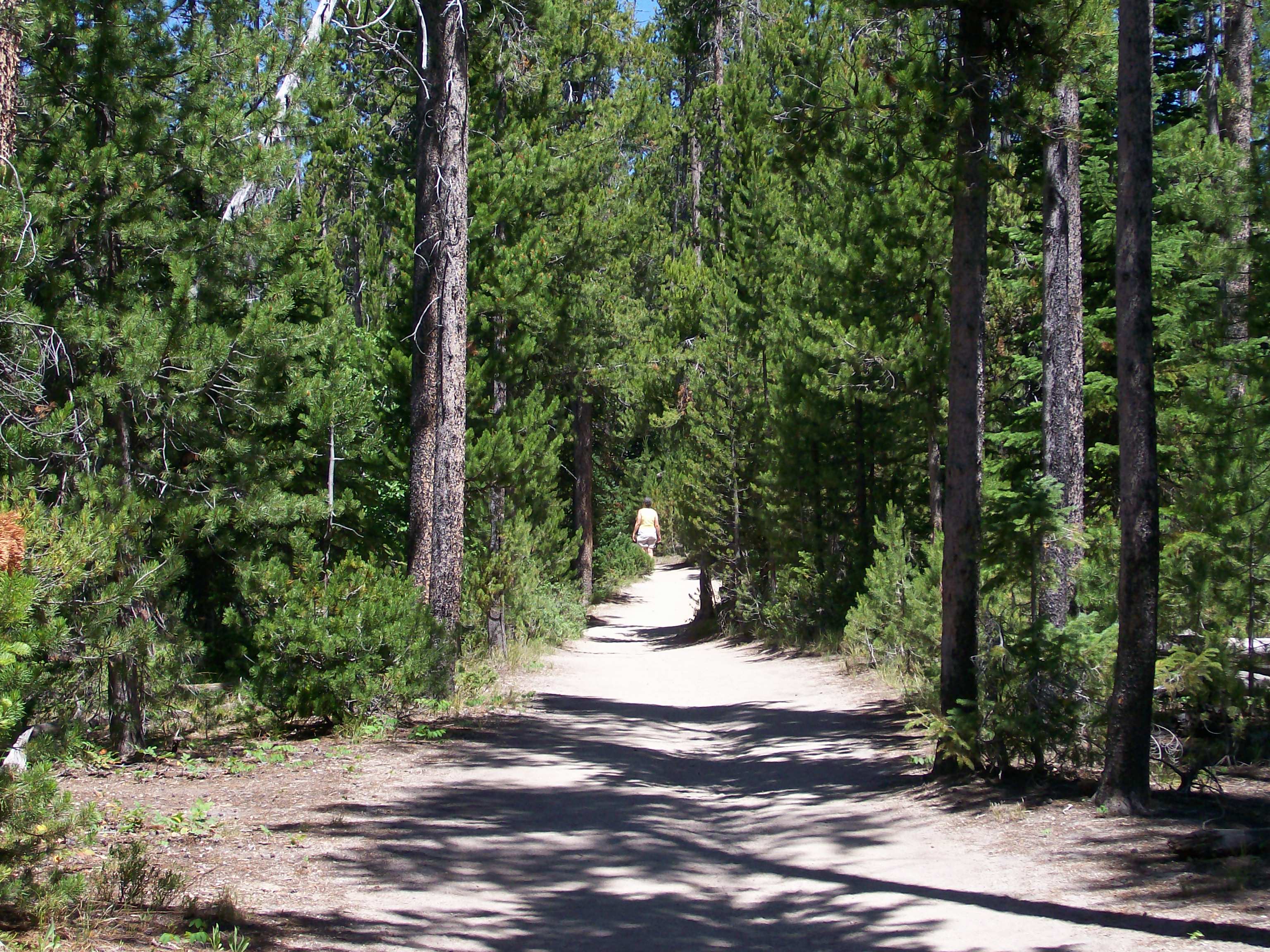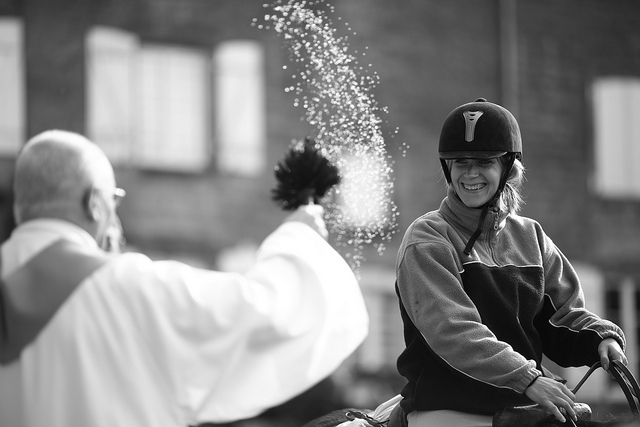
I wish I could say this was the only time I’ve had a conversation like this. A few years ago I was asking a clergy colleague about days off and he proudly spoke of writing his sermon at home in his underwear on Fridays.
Isn’t Friday your day off?
Yes, but this is sermon writing. I love doing that.
Sure you do, but it’s still work. That’s not a day off.
He didn’t understand my point. Maybe you don’t either. Maybe the allure of being able to lounge in underwear all day is the siren call drowning out the distinctions you might otherwise make between work and rest. My point was you can love your job and still take your days off. You can love your work and your leisure.
Last week’s article in The New York Times, “Why You Hate Work,” suggests limiting work is actually part of how we are able to love it. The authors are part of The Energy Project, which surveyed about 20,000 people (14,000 white collar workers and 6,000 employees at a manufacturing company) and found:
Employees are vastly more satisfied and productive, it turns out, when four of their core needs are met: physical, through opportunities to regularly renew and recharge at work; emotional, by feeling valued and appreciated for their contributions; mental, when they have the opportunity to focus in an absorbed way on their most important tasks and define when and where they get their work done; and spiritual, by doing more of what they do best and enjoy most, and by feeling connected to a higher purpose at work.
Simple, no-cost changes, like giving everyone a break every 90 minutes, result in employees with a “30 percent higher level of focus than those who take no breaks or just one during the day. They also report a nearly 50 percent greater capacity to think creatively and a 46 percent higher level of health and well-being.” No matter how appealing the findings, many companies seem to have a hard time putting these findings into practice:
Still, the forces of habit and inertia remain powerful obstacles to better meeting employee needs. Several years ago, we did a pilot program with 150 accountants in the middle of their firm’s busy tax season. Historically, employees work extremely long hours during these demanding periods, and are measured and evaluated based on how many hours they put in.
Recognizing the value of intermittent rest, we persuaded this firm to allow one group of accountants to work in a different way — alternating highly focused and uninterrupted 90-minute periods of work with 10-to-15-minute breaks in between, and a full one-hour break in the late afternoon, when our tendency to fall into a slump is higher. Our pilot group of employees was also permitted to leave as soon as they had accomplished a designated amount of work.
With higher focus, these employees ended up getting more work done in less time, left work earlier in the evenings than the rest of their colleagues, and reported a much less stressful overall experience during the busy season. Their turnover rate was far lower than that of employees in the rest of the firm. Senior leaders were aware of the results, but the firm didn’t ultimately change any of its practices. “We just don’t know any other way to measure them, except by their hours,” one leader told us. Recently, we got a call from the same firm. “Could you come back?” one of the partners asked. “Our people are still getting burned out during tax season.”
“We just don’t know any other way to measure them, except by their hours.”
So, your lack of imagination and courage will be the downfall of the rest of us?
I’m not interested in never counting hours – it can be helpful to realize you spent 10 hours on something you thought might take two. I find promise in the phrase “a designated amount of work,” though I suspect it will take many of us a detox-like cleansing period in order to have a true sense of what amount of work to designate. Our sense of what’s possible and appropriate for the given amount of time has been damaged.
Earlier this week another clergy colleague, preparing to take a weeklong trip with the youth of her church, wondered if it would be OK to take off one day when she returned. This is a trip where she will be in charge and on call 24 hours a day the entire time and she was hesitant about taking off one day to recuperate and do laundry – or do nothing at all, it’s a day off! During the conversation another colleague wondered about doing this if it was an adult group. Why would this matter? Presumably she thought it was “less work” to supervise adults than youth but the point of leisure and rest time is that it’s the complement to work time and the necessary balance to it.
Ministry doesn’t get a pass here. Ministry cannot slide by on these findings simply because meaning and significance are “built-ins.” My conversations with colleagues demonstrate how insidious overwork is and how glaringly absent deep rest, Sabbath, and time off are.
And I mean really off. One of the biggest values of time off and away is that when you are taking it you are off and away. Not tethered to people/situations/projects/deadlines/sermons/hospitals someplace else. To be truly present in the place and time you are is a gift our culture has become too adept at refusing.
That’s one of the most interesting and life-giving findings in this study: encouragement to focus on the task at hand. Workers who are able to set aside time for only one thing and to give it deep attention for an uninterrupted portion of the day are happier, more productive workers. Same goes for rest. Being “on vacation” while “reachable by email” is not being on vacation; it’s divided attention. Taking a nap with your cell phone ringer on and by your side is an invitation to be interrupted.
I’ve had too many chocked-full, living by the outsized list, just-going-to-do-this-one-more-thing-before-I-leave days. Part of it is because I love my work. But I know I’m most centered, focused, content, and fun to be around when I have adequate work and rest. I love rest, too, but I’ve turned my back on too many days of rest.
This summer I’m going to enjoy a couple of vacation weeks without email and with a large dose of porch. But before that even gets here I’m going to start the detox. I’m going to take breaks every 90 minutes, reminding myself with a handy phone alarm. I will be considering other ways to incorporate some of these findings into the way I work.
For now, I might just take a nap.
*
